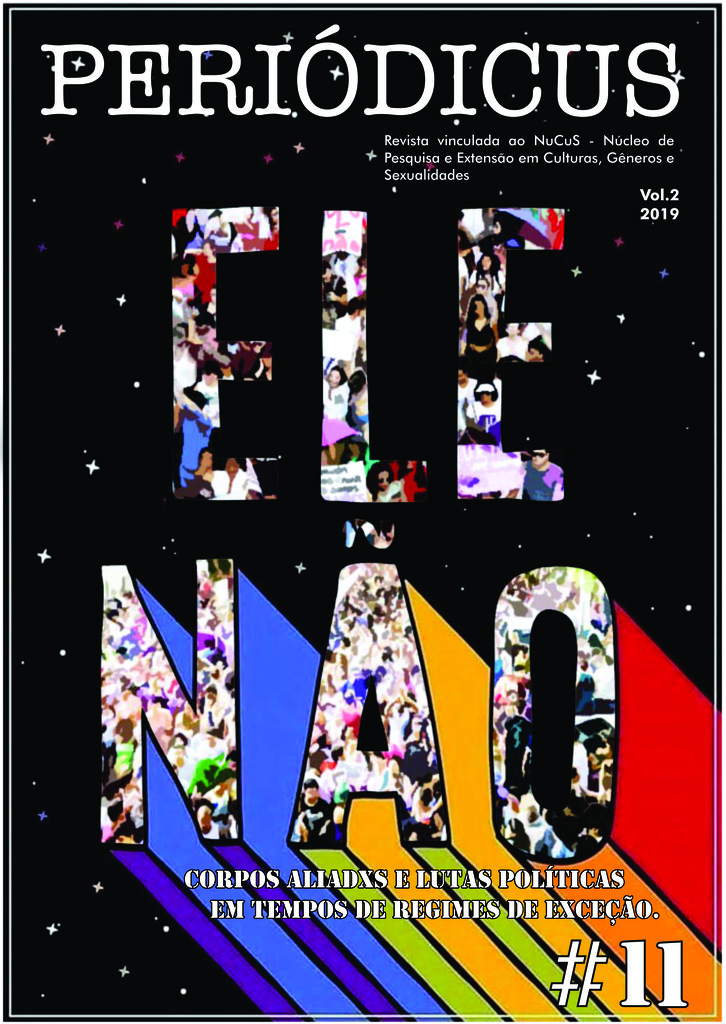SHAKESPEARE’S COMIC AND TRAGIC GENDER ISSUES: AN ATTEMPT AT TRANSGRESSION IN THE TAMING OF THE SHREW (1591) AND ROMEO & JULIET (1597)
DOI:
https://doi.org/10.9771/peri.v2i11.24570Resumen
This article analyses Shakespeare’s literary discourse as an integral factor among the society wherein it was inserted. The overall context of my study is this precise dialogue between the literary structure and the structure of society. The symptoms that I allege literary texts tend to display are crucial for the effective functioning of the narratives herein analysed, and which consist thus in the specific context of my study. Such context consists in Shakespeare’s plays The Taming of the Shrew (1591) and Romeo & Juliet (1597), whose readings focus here specifically on the main characters of both narratives’ attempt at transgressing social borders. The comic and the tragic are not opposed, they are not poles apart in terms of meaning, effects, importance, and structure – in fact, in many occasions tragedy depends on comic stances and vice versa. My findings demonstrate how the frontiers dividing tragedy and comedy are not as concrete as it may seem – and trying to insert them within closed epistemological boxes might be detrimental for any fruitful reading of them. Shakespeare’s main characters in both plays might be read as a historical token of women’s unsuccessful endeavor to defeat repression.
Descargas
Descargas
Publicado
Cómo citar
Número
Sección
Licencia
Derechos de autor 2019 Revista Periódicus

Esta obra está bajo una licencia internacional Creative Commons Atribución-NoComercial 4.0.
Los autores que publican en esta revista aceptan los siguientes términos:
Los autores conservan los derechos de autor y conceden a la revista el derecho de primera publicación, con la obra simultáneamente licenciada bajo una licencia Creative Commons Attribution Noncommercial que permite compartir la obra con reconocimiento de la autoría y publicación inicial en esta revista, quedando prohibido su uso con fines comerciales.
Los autores tienen autorización para asumir contratos adicionales por separado, para la distribución no exclusiva de la versión del trabajo publicado en esta revista (por ejemplo, publicar en un repositorio institucional o como capítulo de un libro), con reconocimiento de la autoría y publicación inicial en esta revista.
Los autores tienen permiso y se les anima a publicar y distribuir su trabajo en línea (por ejemplo, en repositorios institucionales o en su página personal) en cualquier momento antes o durante el proceso editorial, ya que esto puede generar cambios productivos, así como aumentar el impacto y la citación del trabajo publicado (véase El efecto del acceso libre).








